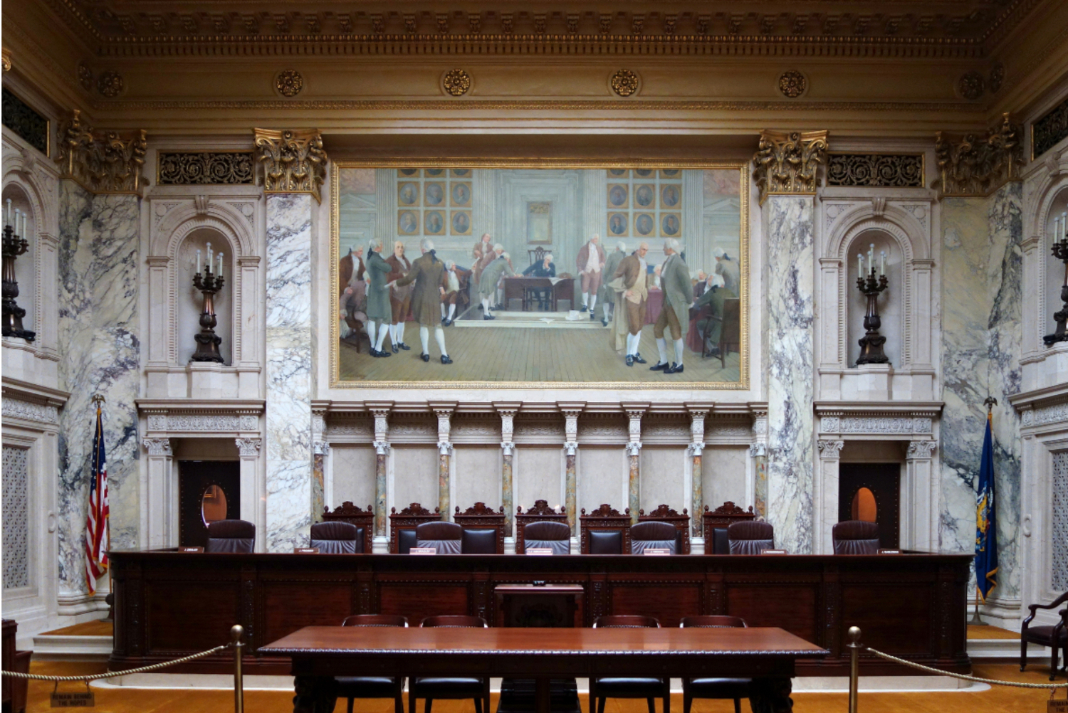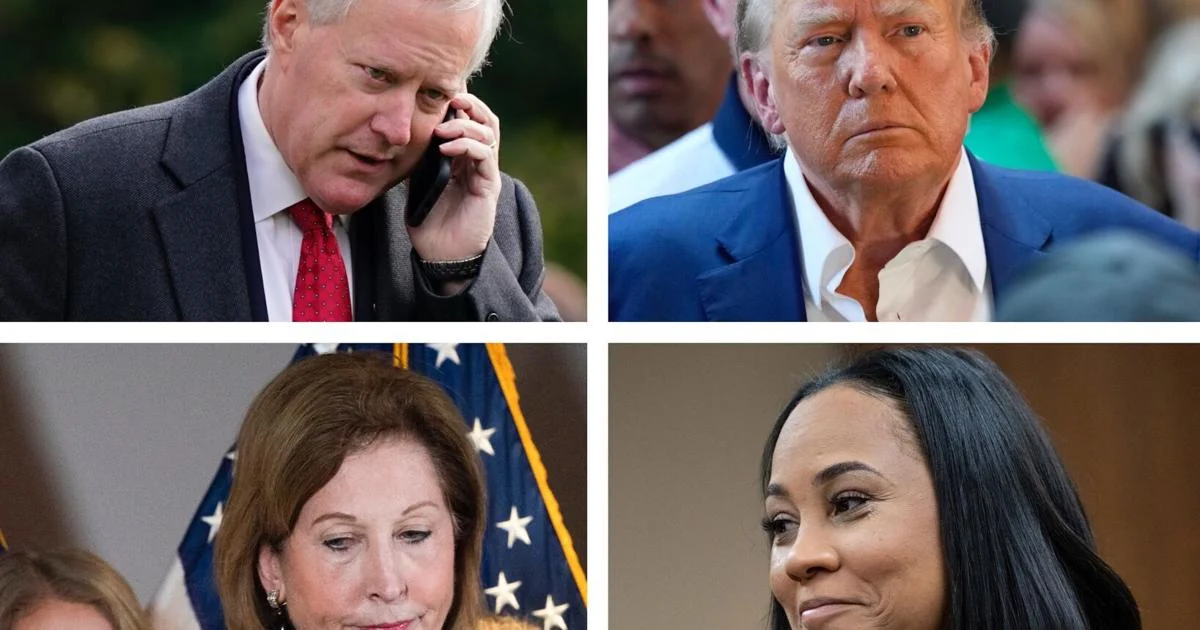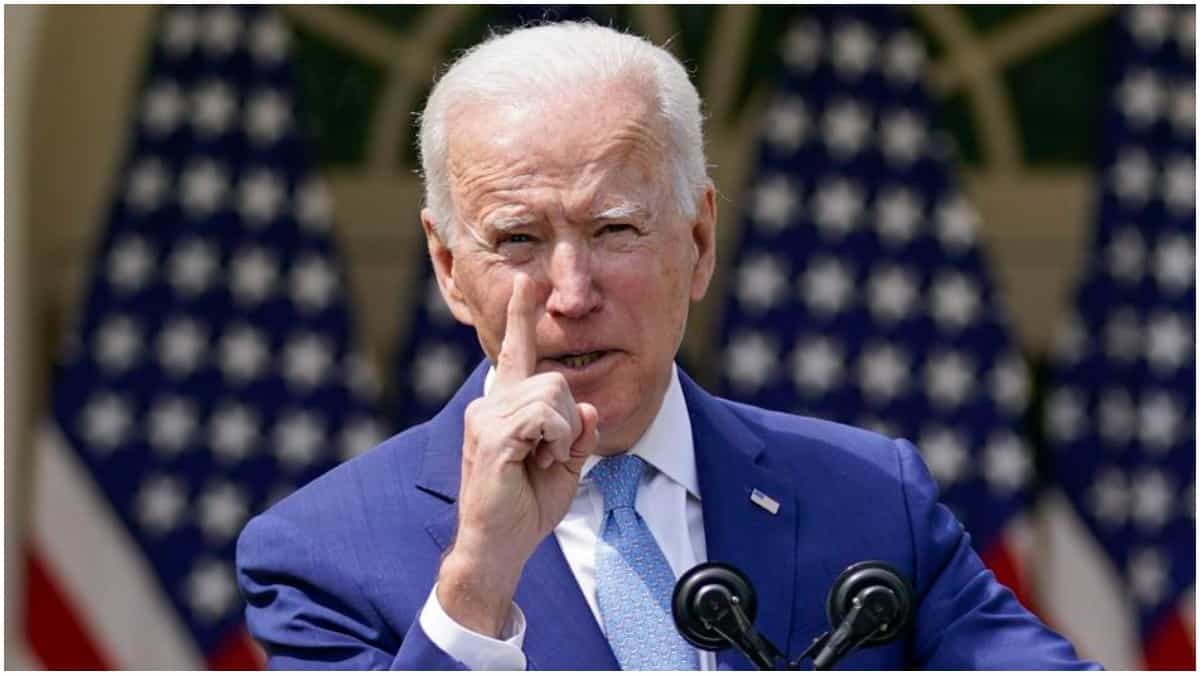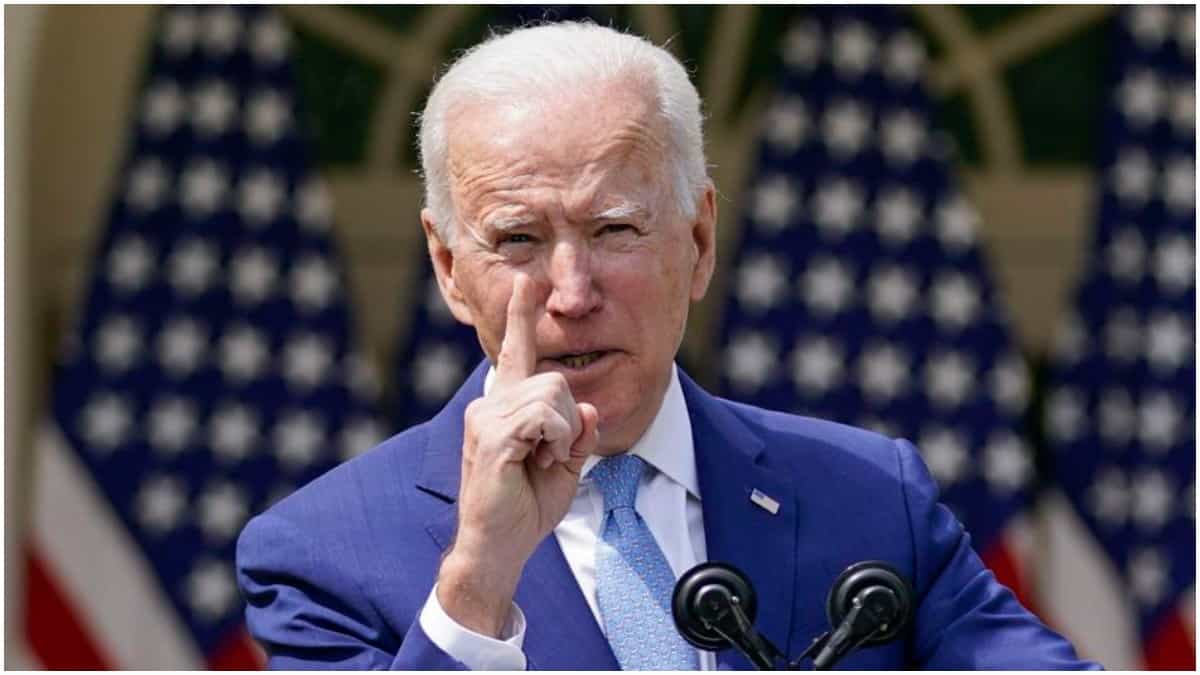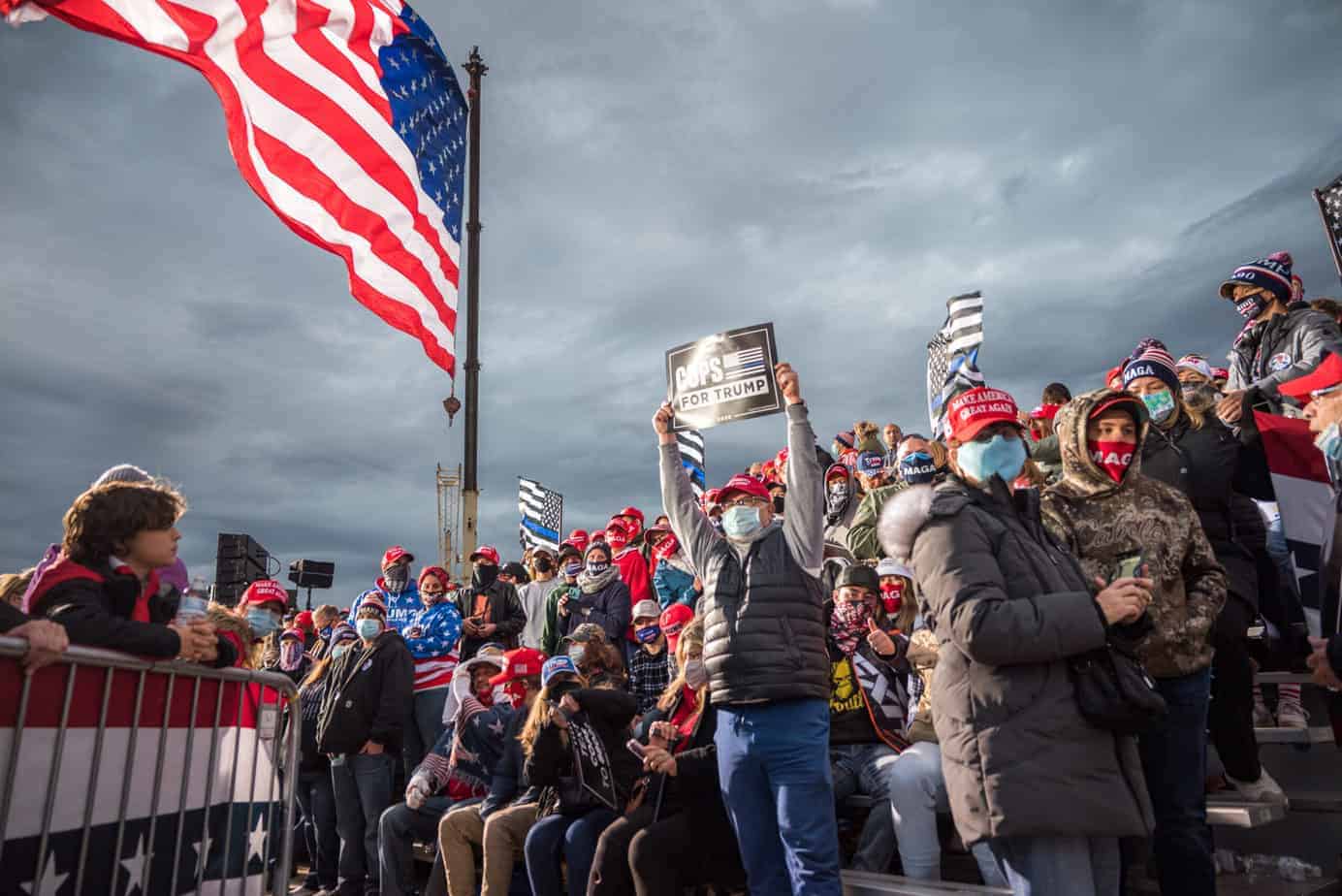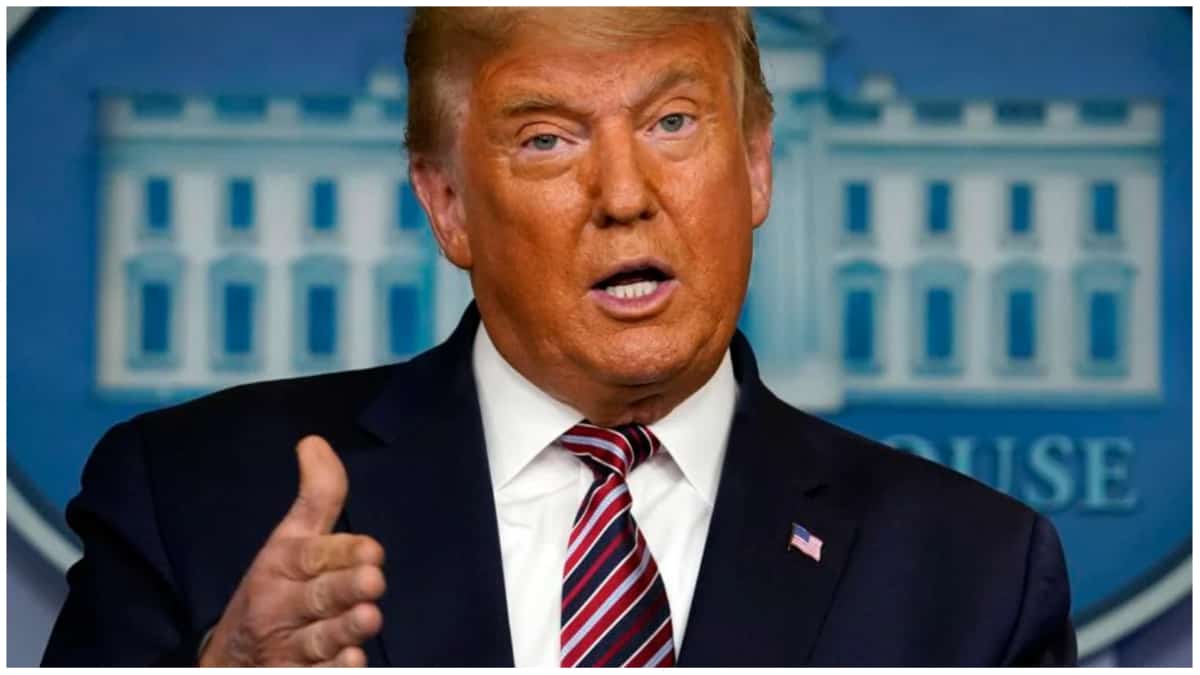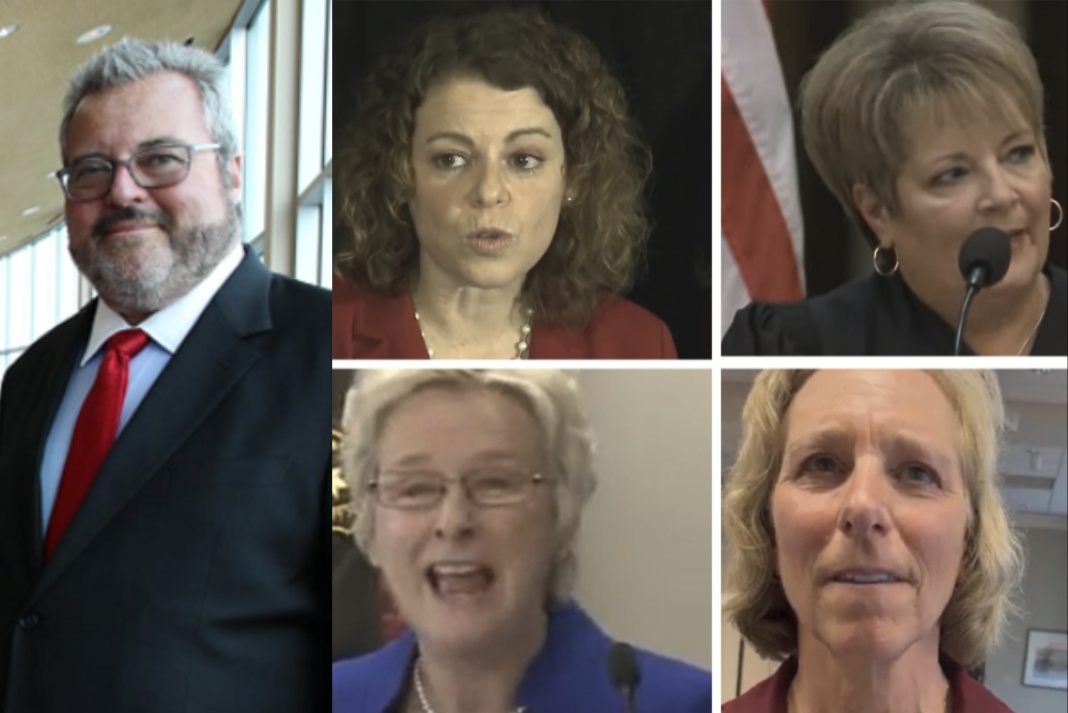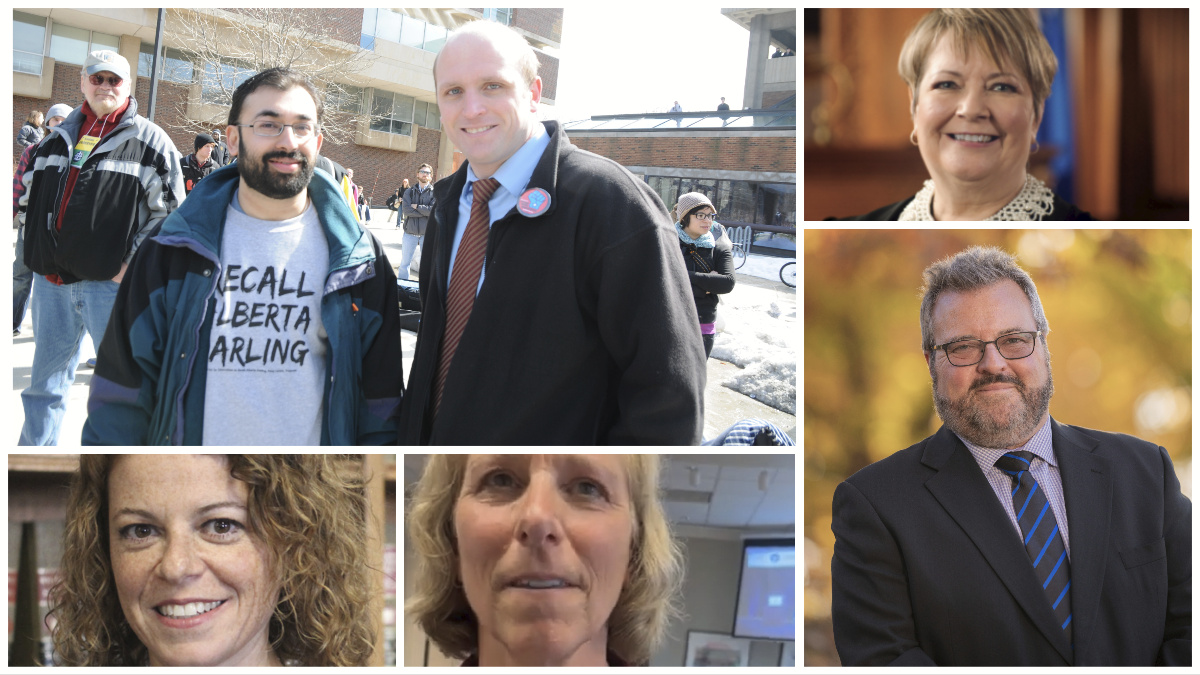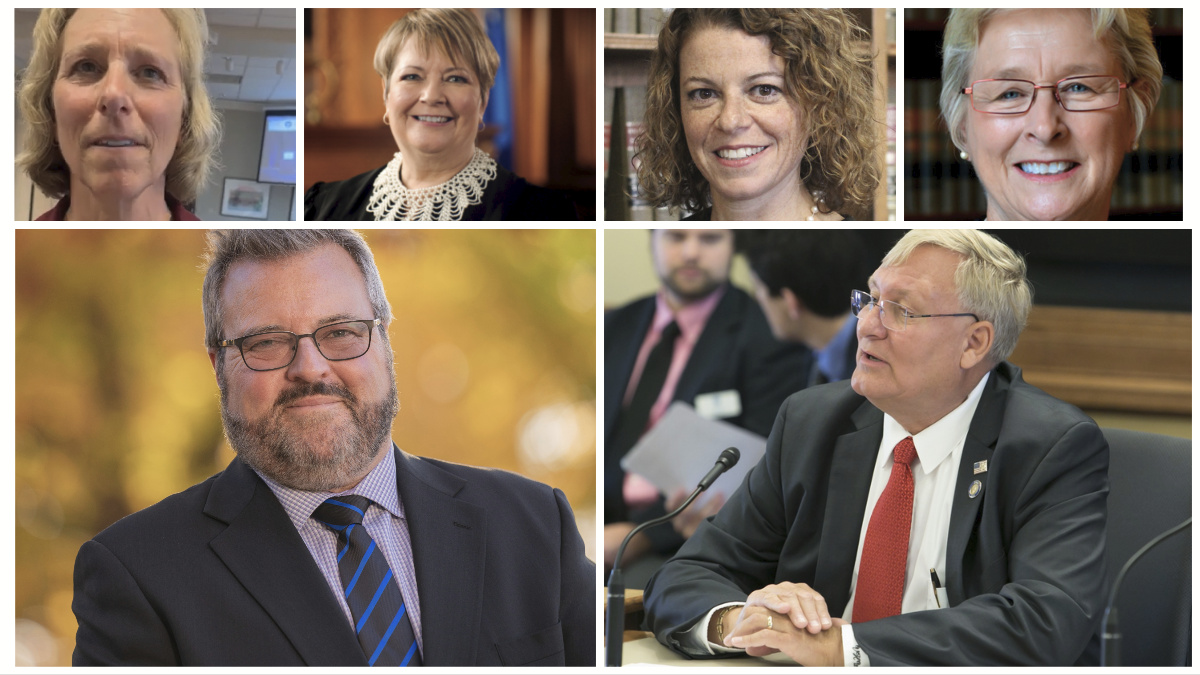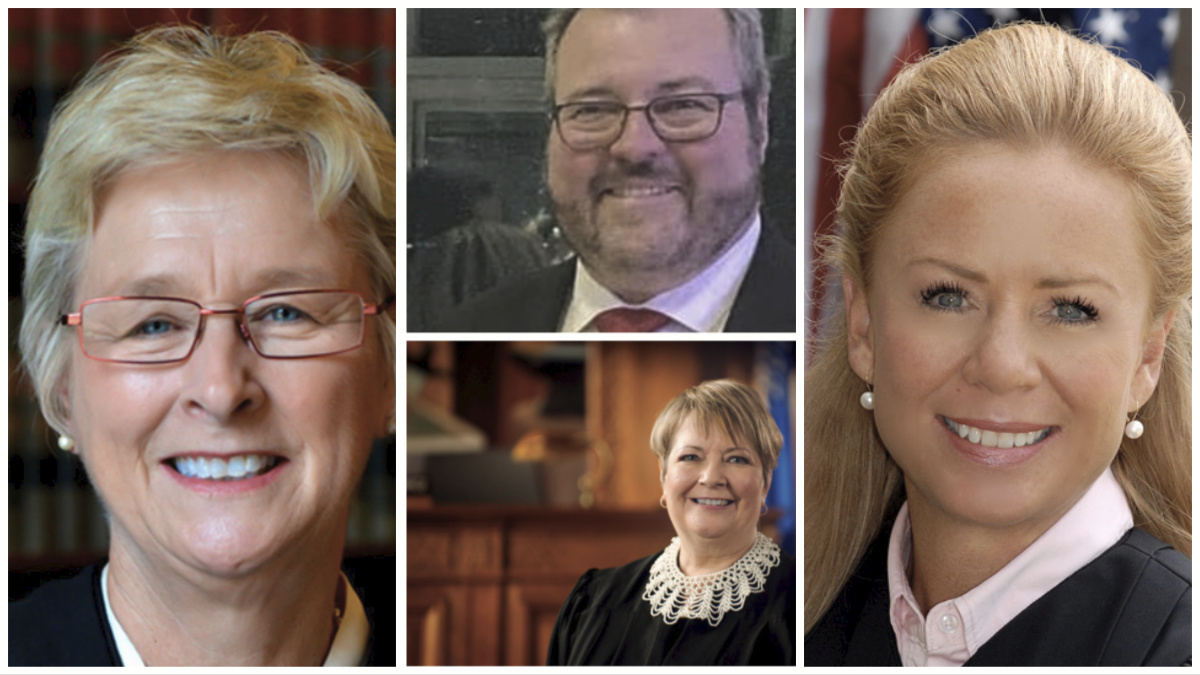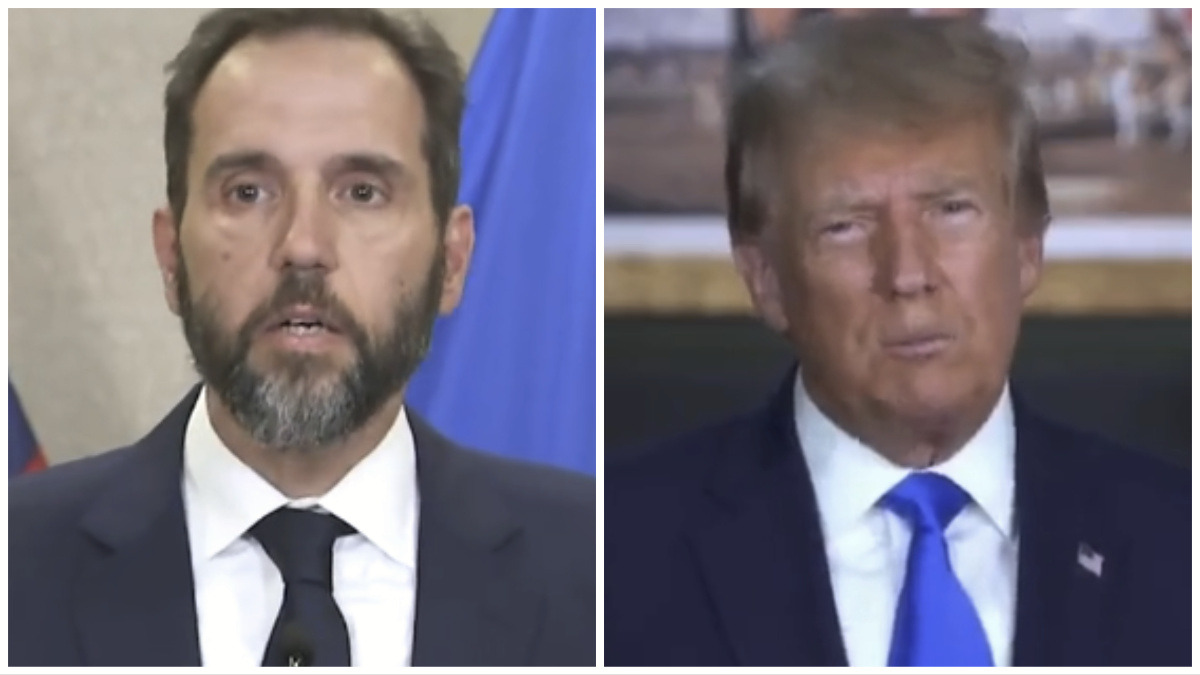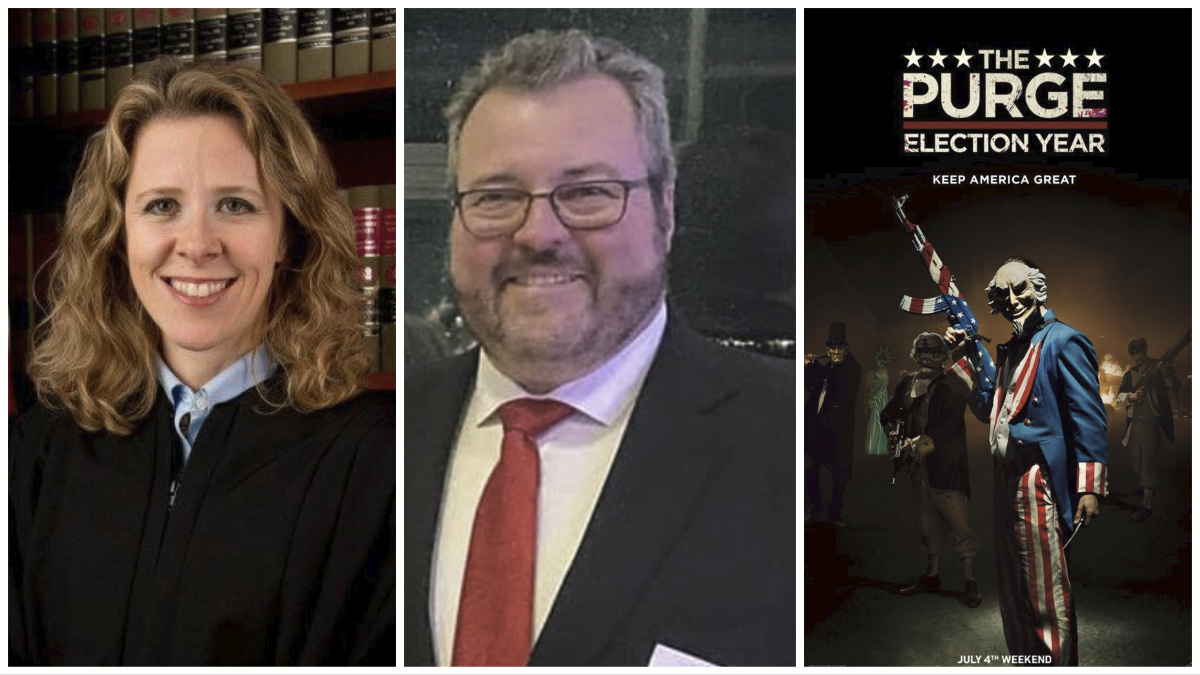Get up off the mat, Wisconsin conservatives. Yes, Daniel Kelly’s loss Tuesday in the state supreme court race represents an existential threat to the many landmark reforms of the last decades, from voter ID to right to work, as liberals take control of the court. That’s exactly why now is the time for decisive action, not navel-gazing. Conservatives need to play to their strengths, relying on massive majorities in the Wisconsin legislature to codify priorities by state constitutional amendment. Bypass Wisconsin’s liberal governor and the new liberal majority on the state Supreme Court. Bring the critical policy issues directly to the people for a vote—now.
Consider the present crisis. As the confetti from soon-Justice Janet Protasiewicz’s victory party settles, special interests are already selecting, from a menu of options, which conservative priorities they want to bring to the new liberal majority on the Wisconsin Supreme Court first—school choice? Redistricting maps?—For permanent invalidation. That majority will be locked in until at least 2025, and quite possibly longer, as the only liberal up for election between now and 2028 is the Court’s longest-serving incumbent, Ann Walsh Bradley. With Democrat Governor Tony Evers in the Governor’s mansion until at least 2027, conservatives don’t really have the option of achieving major policy wins by statute, either.
So where does that leave the Right? Taking a pummeling for the next several years and resigning themselves to social-media infighting? Hardly. It’s time to go on offense. Here’s what conservatives have going for them: massive majorities in both houses of the state Legislature. In fact, with Dan Knodl’s (R-Germantown) win Tuesday, Republicans hold a super-majority in one of the two houses. Those majorities, together with public support, are the only two major ingredients needed to protect conservative reforms by constitutional amendment.
Under the Wisconsin Constitution, an amendment requires only the majority vote of two successive legislatures in order to send the proposal to the voters for approval. That means that for every problem in the form of a new liberal lawsuit aimed at nullifying a hard-fought conservative achievement, there is a solution in the form of a proposed constitutional amendment that will place control of the issue outside of the hands of the Wisconsin Supreme Court and into the hands of the people. What is the Left going to say? That putting it to a popular vote is anti-democratic?
Conservatives need to meet the moment by going bold—as liberals will assuredly be doing—proposing amendments on topics like universal school choice, public union regulation, right to work, agency authority, and partisan gerrymandering claims. Besides being the right call for the state, this approach has a good track record. Obscured by Daniel Kelly’s loss on Tuesday was the fact that Wisconsinites approved—by huge margins—proposed tough-on-crime amendments to strengthen bail in Wisconsin. Put differently, conservatives have the chance to set aside the bickering over candidate quality for a minute and focus on giving the people the chance to vote up or down on the issues they care about directly.
A usual objection to these types of initiatives is fear of what failure means. That’s pretty weak tea. A failed constitutional amendment means nothing more than that Wisconsinites may prefer to handle a particular reform statutorily rather than constitutionally. And if conservatives don’t believe that Wisconsinites support their positive vision for the state, then what are they doing in the first place? It’s also true that running campaigns for a dozen constitutional amendments will be expensive. But conservatives have little to show after Tuesday’s 40+ million dollar brouhaha. It’s time to get a better bang for the buck.
The Left believes it now has an obstructed path to victory. But the Right still has one shot available. Blot out the sun with constitutional amendments and give Wisconsinites the opportunity to save their state.
Anthony LoCoco is Chief Legal Counsel & Director of Oversight for the Institute for Reforming Government.


